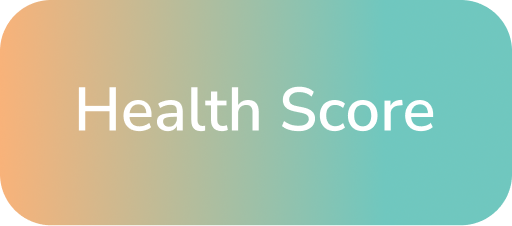
RPM enables continuous monitoring of disease activity through patient-reported outcomes (PROMs) and other metrics. This allows healthcare providers to detect changes in a patient's condition promptly and intervene before complications arise.
Research Insights:

RPM empowers patients to take an active role in managing their rheumatoid arthritis. By providing tools for self-monitoring and education, patients become more engaged in their treatment plans.
Patient Empowerment:

The financial burden of diabetes is substantial, with hospitalizations costing an average of $15,000 per event. RPM can significantly reduce these costs by preventing unnecessary hospitalizations.
Economic Impact:

The financial burden of rheumatoid arthritis is significant, with direct medical costs averaging around $20,000 per year per patient. RPM can help reduce these costs by preventing hospitalizations and minimizing the need for frequent specialist visits.
Clinical Benefits:
Learn how we work to deliver seamless solutions with
innovation, efficiency, and
expertise.



Real-world applications of RPM (Remote Patient Monitoring) in rheumatoid arthritis care allow for continuous monitoring of symptoms such as joint pain, stiffness, and swelling, enabling early detection of flare-ups.
In 2018, clinicians at Southmead Hospital implemented an RPM program using a smartphone app called "Living With" to enable rheumatology patients to report their symptoms remotely:
A recent randomized controlled trial demonstrated that remote monitoring based on weekly e-PROMs was non-inferior to usual care for patients with stable low disease activity:

healthcare organisation